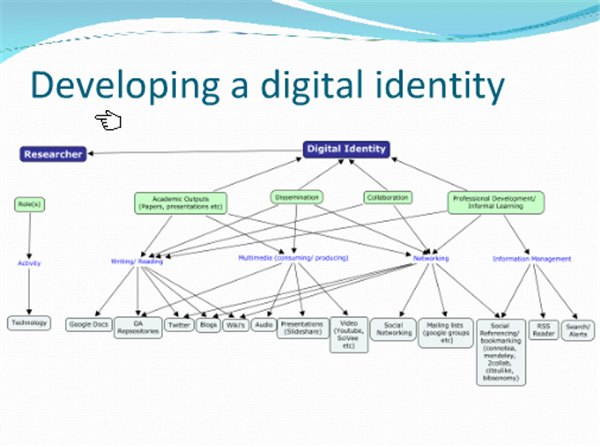I wrote recently about the growing interesting in reputation management on the web.
Reputation management on the web – individual and institutional – has become a more conscious activity for many, as ranking, assessment and other reputational measures are increasingly influenced by network visibility. In particular, it raises for academic institutions an issue that has become a part of many service decisions: what is it appropriate to do locally? What should be sourced externally? And what should be left to others to do? [Reputation enhancement]
This is a wide-ranging issue, pulling together in various ways overlapping issues such as individual and institutional disclosure of research and other outputs; emerging academic social networking practices; formal expertise and research output management; search engine optimization strategies; practices for improving citation, ranking and reputation measures; social reference/bibliography; and so on. I think that we will see some of this activity become more routine in organizational and operational terms over the next few years.
In this context, I was interested to see a presentation on research support by Rachel Cowan and Alex Hardman from the University of Manchester. They focus on reputation and network identity as important parts of overall research management.
The presentation has three strands: developing reputation through a digital identity, keeping on top of the literature, and extending research connections. Of these, the first and third relate broadly to reputation enhancement or management in a web environment.
They ask the audience if a personal Google search does a good job of showcasing their identity and research. (This reminds me of Tony Hirst’s comment that our ‘home page’ in now the first page of Google results.) Then they talk through some of the ways in which people develop digital identities (blogs, twitter, …). They also review some social networking and other tools of interest in an academic context.
Here is their overview of activities mapped onto services (click to see in situ with ability to enlarge):




